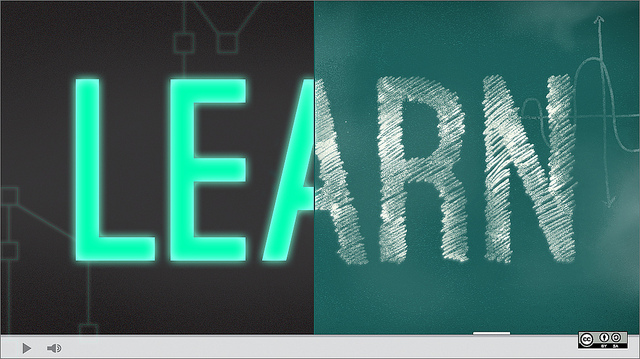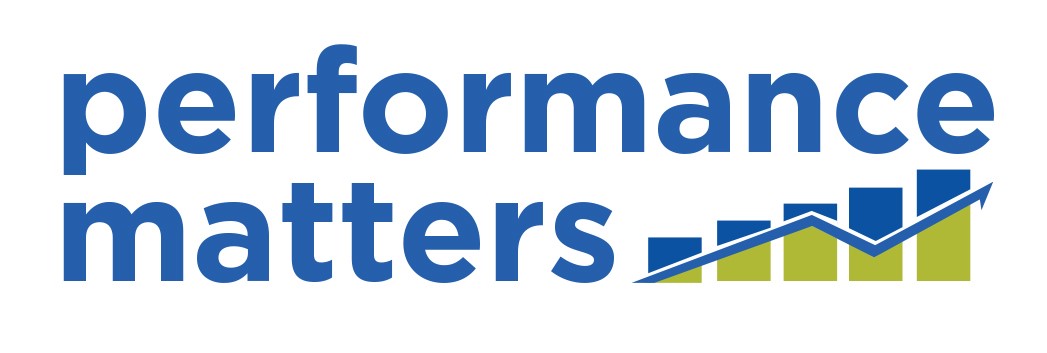Reading Comprehension Strategies for the Classroom

By: Rebecca Bernstein
The importance of reading comprehension cannot be overstated. Understanding what we read is a crucial skill, applicable to nearly every area of life. However, it doesn’t always come easily. Every day, teachers face the challenge of how to engage reluctant readers and improve their students’ understanding of the written word. Below are a number of proven reading comprehension strategies for the classroom.
Choose Assignments Based on Student Interests
Teachers seek to motivate their students. Therefore, assigning texts that speak to students’ individual interests can help tremendously. Teachers should look for any way they can to personalize their curricula. This might mean offering students particularly interesting reading materials, allowing students to choose their own texts or providing opportunities to help students understand how reading can authentically help them in daily life. Using reading to help students solve problems, write to pen pals or address issues in their communities can all be ways of doing this.
Identify the Parts of a Text
The Institute of Education Sciences suggests that requiring students to break down texts can help them improve their understanding. Identifying parts of a text is a common method of analysis. Texts can be either fiction or nonfiction and may include items for identification such as:
- Characters
- Setting
- Goal
- Problems
- Plot
- Resolution
- Descriptions
- Themes
- Causes and effects that occur within the text
- Comparing and contrasting textual information
Teachers can help students remember these elements with devices such as mnemonics, charts or diagrams. Ideally, students will begin to use these devices while reading, leading to an increased ability to grasp the material.
Create a “Reading Zone”
Building a fun and relaxing physical environment dedicated to the act of reading can contribute to both comprehension and student engagement. Literacy author Karen Tankersley recommends creating “poetry coffee shops,” a project in which the classroom is turned into a space where children can read their favorite poems to an audience. Tankersley encourages teachers to create the full “coffee shop” experience, complete with snacks, mood lighting and invitations for parents to serve as audience members.
As an alternative, teachers can set up a dedicated “reading nook” area in their classrooms. This area may be as simple as a corner with a table and chairs, or it may be a creatively decorated space with pillows, mats, canopies and more. Teachers should aim for creating a place that is both enjoyable to occupy and comfortable enough for their students to read in for a length of time.
Read With the Grain and Against the Grain
Perspectives for a Diverse America discusses how studying an unlikely perspective can help students more fully engage with the text. “Reading with the grain” refers to interpreting a text in the most common or dominant way, while “reading against the grain” refers to an interpretation that actively pushes against dominant theories. Take, for example, differing interpretations of Little Red Riding Hood:
With the grain: Children should listen to their parents. Men can protect women better than women can protect themselves.
Against the grain: Women are viewed as prizes to be taken by force; the wolf is homeless and hungry while Little Red Riding Hood and her family own property.
Students can then compare and contrast these points of view and discuss. Doing so helps them consider reading materials in more thoughtful and substantive ways.
Emphasize Writing to Improve Reading
The National Writing Project reports that writing can be a uniquely effective method to improve reading comprehension. The project explains the importance of three key instructional practices:
- Students should write about the texts they read. This helps students make a concrete and personalized connection with ideas in the text.
- Students should learn about the writing process that is involved in creating text. This is similar to the “identifying the parts of a text” section above.
- Students should increase how much they write. The more students engage with what they read on a critical level, the more their comprehension will improve.
Use Supplemental Content
Supplemental content can be a fun and effective way to further engage students. It helps to deliver a more concrete understanding of what they read and allows them to see other interpretations of the work. For students who learn best through auditory or kinesthetic means, supplemental content can provide an easier way into the material. Supplemental content can be almost anything, including but not limited to:
- Movies and videos
- Illustrations
- Audio files
- Websites
- Articles, blogs or reviews
Facilitate In-Class Reading Comprehension Activities
Similar to the connections made when students engage with supplemental content, in-class reading comprehension activities allow students to make new connections between what they read and what they understand. Suggestions for activities are endless. Some might include:
- Story sequencing
- Building pictures
- Reader’s theater
- Creating short films
- Worksheets
- Choral readings
- Reciprocal teaching
Reading comprehension may also increase if teachers can encourage their students to make a personal connection with the text. Instructors might, for example, ask their class to draw their version of Jacqueline Woodson’s rivers from her book Brown Girl Dreaming.
Undoubtedly, reading comprehension remains one of the most important aptitudes students must learn to successfully participate in the world. Teachers must work hard to engage their classes in exciting and effective ways.
Your Future as an Educator
Truly great educators don’t just impart knowledge. They inspire their students to love learning. Reading comprehension strategies are just one example of how educators can offer a substantial positive impact to their students. For individuals who want to do more in their education career, the online Master of Arts in Education at the University of Findlay can help. This fully online program provides the training and skills educators need to reach advanced levels in their field, while allowing them to attend class in a format that fits their lives.





